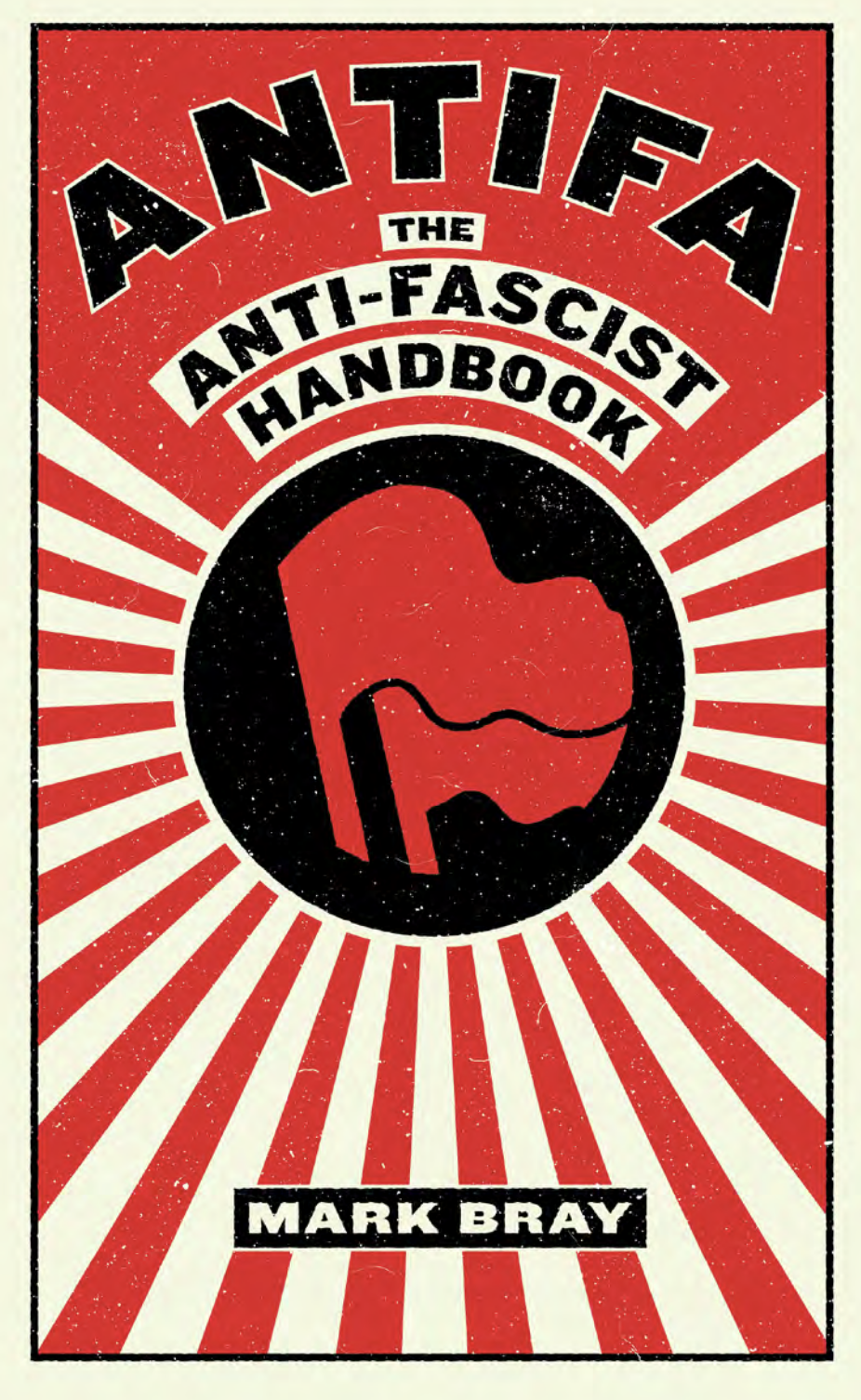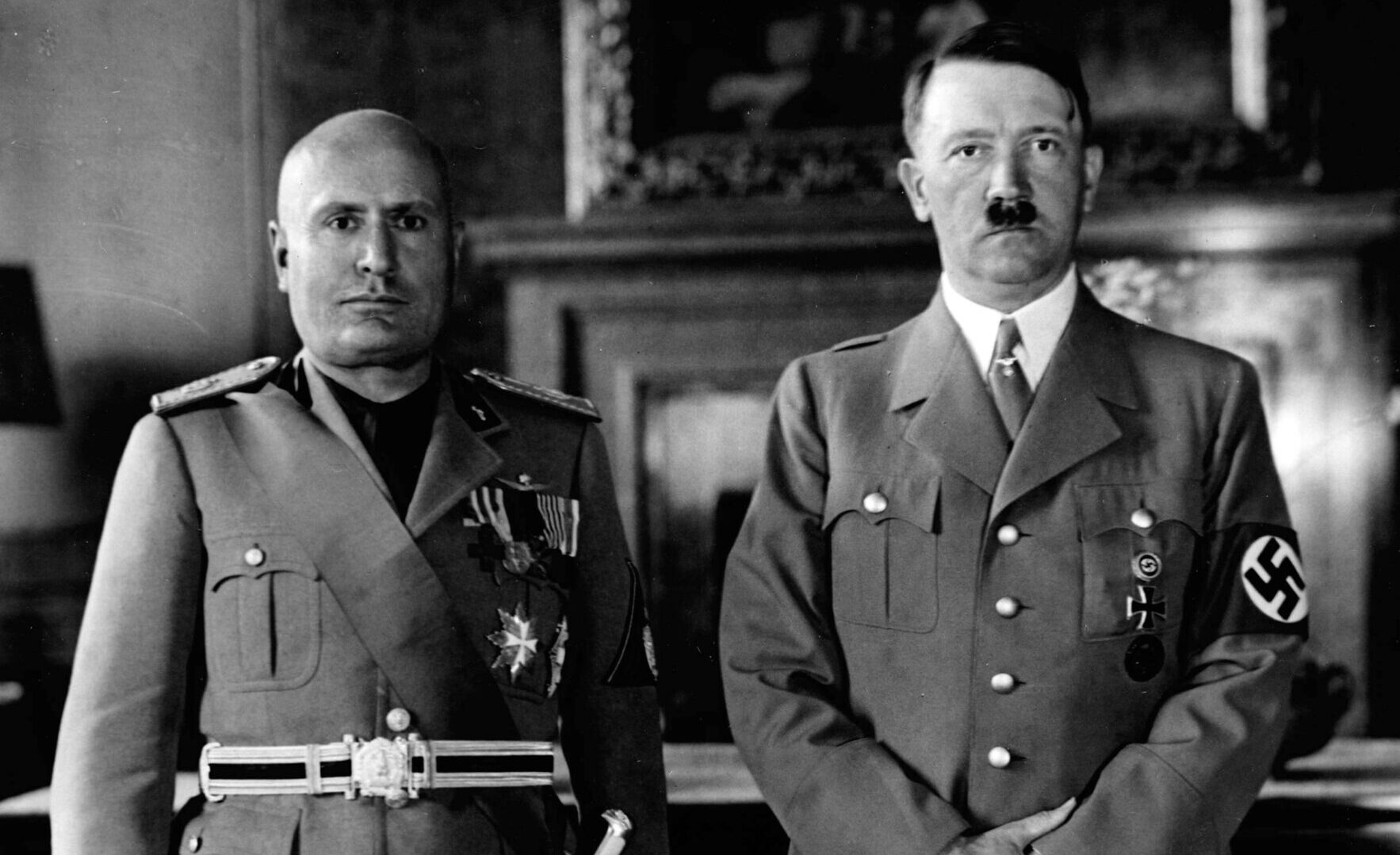Antifa, the AntiFascist Handbook. Read it. Its author had to flee the country, even though it’s really not a handbook, but rather the history of Fascism. “After Auschwitz and Treblinka, anti-fascists committed themselves to fighting to the death the ability of organized Nazis to say anything.” . .
Category: History
This. Is. Us.
This quote so accurately pegs the U.S. of the 2020s as it did the U.S. of the 1890s. Shirer writes of Upton Sinclair’s famous and seminal work, The Jungle, regarding the Chicago and U.S. in which he was born and raised. This. Is. Us. . .
Look to the Past
The Third Reich, the period of Nazi rule in Germany from 1933 to 1945 under Adolf Hitler, offers numerous crucial lessons for contemporary society. Here are some key lessons: Learning from the Third Reich is essential to prevent the repetition of such dark chapters in history and to promote a just, equitable, and democratic society….
History Advises Eternal Vigilance
… it shows that even suffering cataclysmic destruction and having your crimes exposed and your ideology revealed to be the empty, deadly … thing it is, is often not enough to put an end to them. You must be eternally vigilant.





